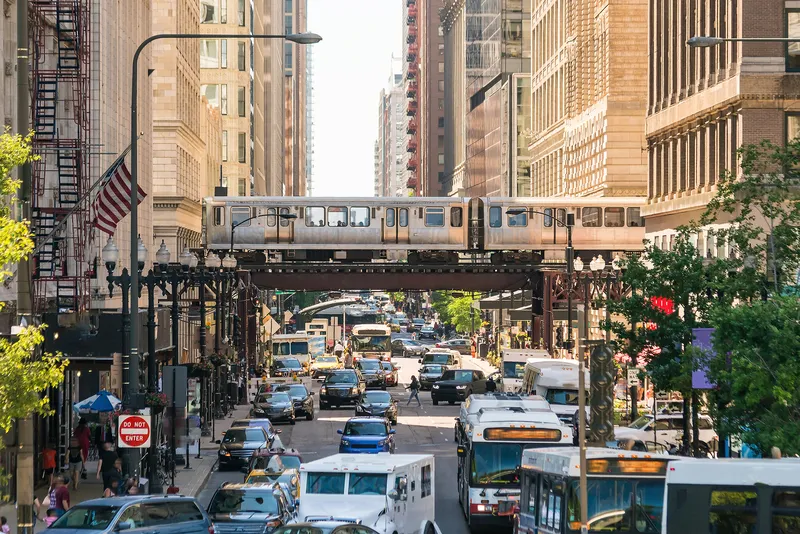Local authorities and bus companies in Bristol, York, Brighton, Surrey, Denbighshire and Wiltshire have been awarded funding under the UK government’s ‘Low emission bus scheme’ to help them buy 153 cleaner buses.
The successful bidders will use the funding to buy new electric and gas buses, and to install stations to fuel or charge them.
The government’s support for low emission buses is one part of a US$778 million (£600 million) package of measures from the Office for Low Emission Vehicles by 2020, plus US$350 million (£270 million) announced in the 2016 Autumn Statement to support the roll out of low emission cars, taxis and buses and supporting infrastructure.
This follows an initial US$39 million (£30 million) awarded to bus companies and local councils in July 2016 under the ‘Low emission bus scheme’ to help put over 300 more low emission buses on the country’s roads.
Later this year, the government will also publish plans for a second round of the ‘Low emission bus scheme’ with a view to putting even more of the cleanest buses on our streets.
Cleaner journeys as UK government commits funding to greener buses
Local authorities and bus companies in Bristol, York, Brighton, Surrey, Denbighshire and Wiltshire have been awarded funding under the UK government’s ‘Low emission bus scheme’ to help them buy 153 cleaner buses. The successful bidders will use the funding to buy new electric and gas buses, and to install stations to fuel or charge them. The government’s support for low emission buses is one part of a US$778 million (£600 million) package of measures from the Office for Low Emission Vehicles by 2020, plus U
August 29, 2017
Read time: 2 mins








